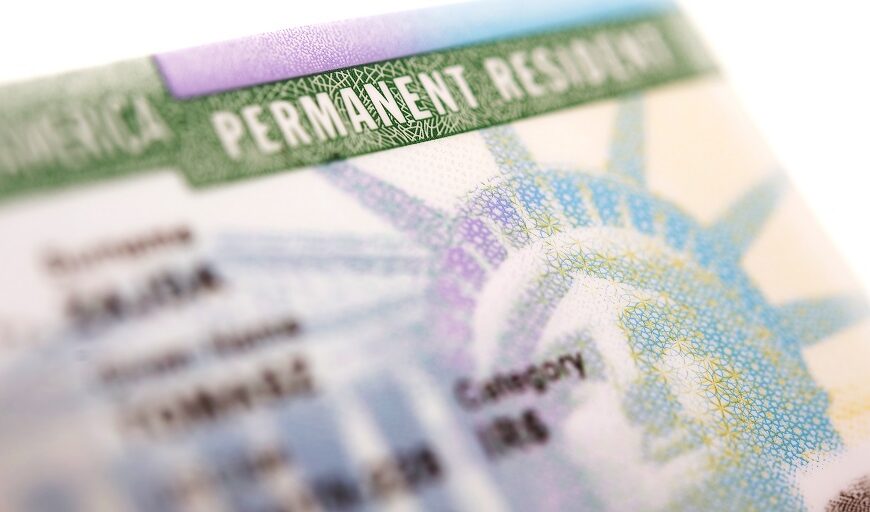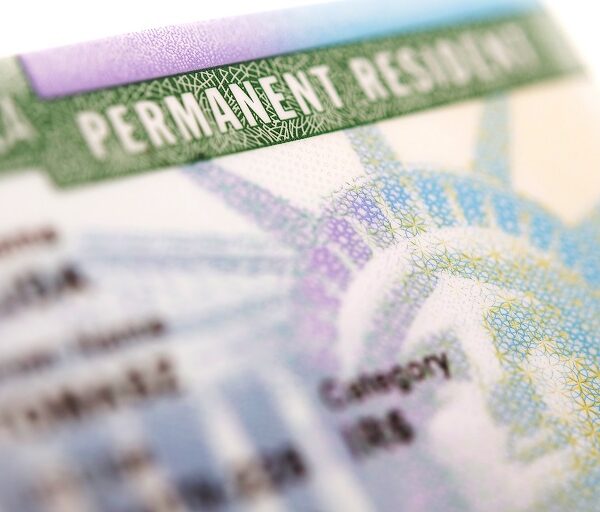Navigating False Information in Immigration: Essential Tips and Resources
In the complex world of immigration, misinformation can lead to serious repercussions, impacting individuals and families during their critical journey. Understanding how to navigate false, misleading, or withheld information is essential for anyone involved in the immigration process. This article aims to provide essential tips and resources for dealing with misinformation in immigration.
Understanding False Information in Immigration
False information can take many forms in the realm of immigration. It may include:
- Deliberate misinformation: Intentionally spreading incorrect details to manipulate outcomes.
- Inaccurate advice: Suggestions based on outdated or incorrect legal information.
- Withheld information: Important facts that are not shared, leading to uninformed decisions.
Recognizing these forms of misinformation is the first step toward mitigating their effects.
The Consequences of Misinformation
The impact of inaccurate information in immigration can be profound. Some potential consequences include:
- Application Denials: Submitting applications based on incorrect information can lead to automatic rejections.
- Legal Ramifications: Misunderstanding immigration laws may result in violations that lead to legal penalties.
- Emotional Distress: Misinformation can cause undue stress and anxiety for individuals and families.
Understanding these consequences underscores the importance of seeking accurate information.
Essential Tips for Navigating Misinformation
To effectively deal with false or misleading information in immigration, consider the following tips:
1. Verify Sources
Always ensure that the information you are relying on comes from credible sources. Look for:
- Government Websites: Official immigration websites provide accurate and up-to-date information.
- Legal Experts: Consult with licensed immigration attorneys who can provide guidance tailored to your situation.
2. Cross-Check Information
Never accept information at face value. Cross-check details with multiple reputable sources to confirm accuracy. This may include:
- Comparing information from different government websites.
- Consulting legal forums or professional organizations for insight.
3. Stay Informed on Changes
Immigration laws and policies are subject to change. Regularly update yourself on the latest developments by:
- Subscribing to Newsletters: Many legal firms and organizations offer newsletters with updates on immigration news.
- Joining Online Forums: Engaging with communities can provide real-time information and experiences from others.
Resources to Combat Misinformation
Utilizing the right resources can empower you to fight against misinformation effectively. Here are some valuable tools:
1. Official Government Resources
Utilize government websites dedicated to immigration, such as:
- USCIS (United States Citizenship and Immigration Services): A primary source for immigration information in the U.S.
- IRCC (Immigration, Refugees and Citizenship Canada): The official source for Canadian immigration updates.
These sites provide reliable information regarding procedures, requirements, and updates.
2. Legal Aid Organizations
Seek assistance from nonprofit organizations that specialize in immigration law. These organizations often provide free or low-cost legal services and can help clarify any misinformation.
- American Immigration Lawyers Association (AILA): Offers resources and referrals to qualified immigration attorneys.
- Local Immigrant Support Groups: Many communities have organizations that provide support and accurate information.
3. Educational Resources
Take advantage of educational resources that can help you understand the immigration process better. Consider:
- Webinars and Workshops: Many organizations offer sessions that cover immigration topics.
- Online Courses: Some platforms provide courses on immigration law and rights.
How to Address Misinformation
If you encounter misinformation, it is crucial to address it appropriately. Here are steps to consider:
1. Report Incorrect Information
If you find false information on social media or websites, report it to the platform. Most social media sites have mechanisms for reporting misleading content.
2. Share Accurate Information
Help others by sharing verified information. This can be done through social media, community groups, or even personal conversations.
3. Consult Legal Help
If misinformation has negatively impacted your immigration process, consider seeking legal help. An immigration attorney can provide guidance on how to rectify the situation.
Conclusion
Dealing with false, misleading, or withheld information in immigration can be daunting, but it is a challenge that can be navigated with the right approach. By verifying sources, staying informed, and utilizing available resources, individuals can protect themselves from the ramifications of misinformation. Remember, knowledge is power, and being informed is your best defense in the immigration process. Stay vigilant, seek out reliable information, and do not hesitate to reach out for help when needed.







